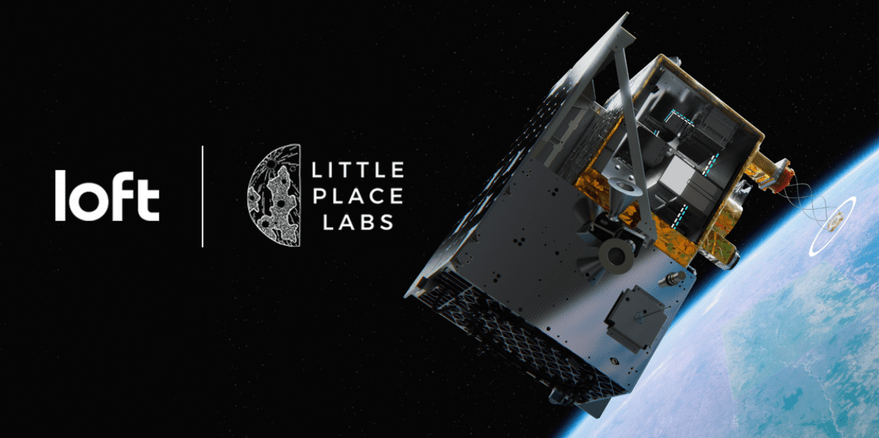LOGAN, Utah – Houston startup Little Place Labs announced a contract to deploy software to Loft Orbital’s YAM-6 satellite.
“We’ll pair Loft’s low-latency operations, using its space infrastructure, with our cutting-edge analytics to enhance maritime domain awareness,” Little Place Labs said in an Aug. 7 blog post.
Funding for the mission comes from Little Place Lab’s $1.8 million Small Business Technology Transfer Phase 2 award from AFWERX.
Little Place Labs, founded in 2020, aims to “push the boundaries of real-time data processing and insight delivery” for terrestrial and space applications, according to the post. To make that possible, Little Place Labs is focused on processing data in orbit and transmitting information via inter-satellite relay systems.
“Our on-orbit data processing solutions, paired with Loft’s satellite platform, allow us to derive and deliver insights in near real-time for time-sensitive situations,” Bosco Lai, Little Place Labs co-founder and CEO, said in a statement. “These insights are critical to commercial and national security stakeholders, including those in the U.S. government. This collaboration highlights the new space age, where companies like Little Place Labs and Loft come together, integrating our solutions into powerful capabilities.”
The majority of Loft Orbital’s business is flying payloads for customers. YAM-6, launched in March, is Loft Orbital’s first spacecraft designed for “virtual missions.” Customers developing software can take advantage of the spacecraft’s capabilities, including cameras, onboard processing and inter-satellite data links.
Little Place Labs, for example, will take pictures with the YAM-6 cameras and analyzing the imagery with its onboard software.
Virtual Mission Growth
Loft Orbital will continue to improve “compute capabilities on subsequent missions,” Alex Greenberg, co-founder and chief operating officer, told SpaceNews at the Small Satellite Conference here.
The idea of deploying software to someone else’s satellite, like it can be deployed in the cloud, is new for the space industry.
“We are one of the first companies to offer that as a commercial service,” Greenberg said. “We have in excess of 12 signed customers across legacy players, technology companies, startups and defense companies.”
Loft Orbital is committed to offering virtual missions because of “this conviction that more computers are going to space and more people want to fly software on satellites,” Greenberg said. “If we make it easier to put software on one of our satellites that will increase the addressable market and increase the number of use cases.”

